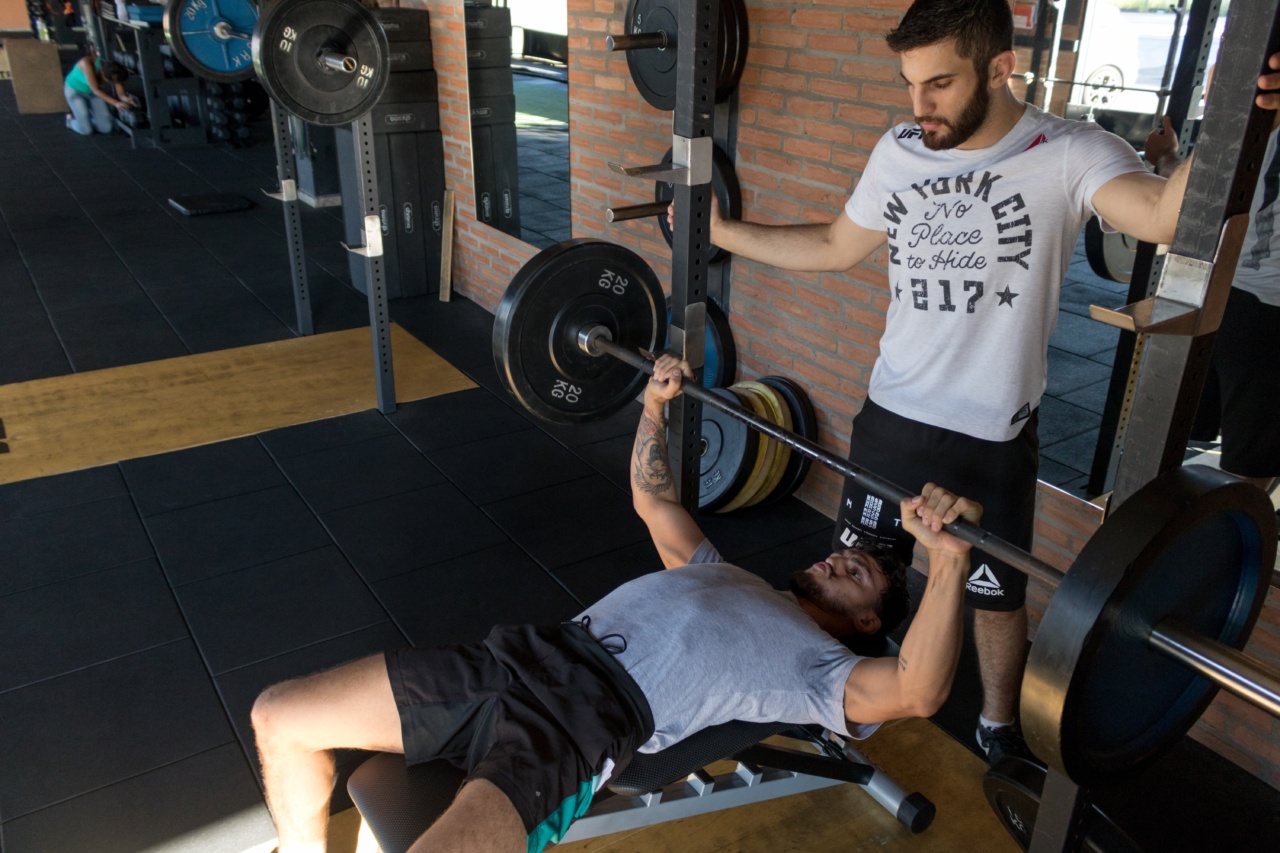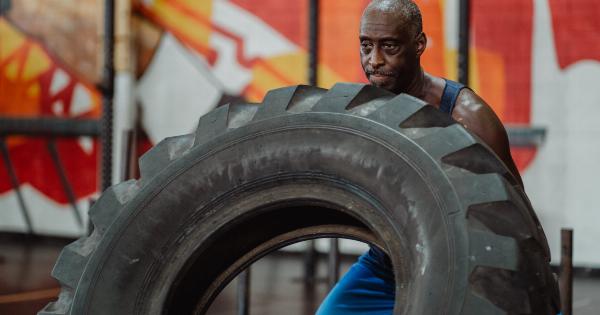Stronger Muscles = Longer Life.
When it comes to leading a healthy and fulfilling life, one cannot underestimate the importance of having strong muscles.
While many people associate muscle strength with physical appearance and athletic performance, research has shown that having stronger muscles can actually have a profound impact on our overall health and longevity. In this article, we will explore the relationship between strong muscles and a longer life, highlighting the various ways in which muscle strength influences our well-being.
The Role of Muscle Strength in Aging
As we age, our muscle mass naturally starts to decline. This process, known as sarcopenia, can have significant detrimental effects on our quality of life.
In addition to making everyday tasks more difficult, a decrease in muscle mass also leads to a slower metabolism, increasing the risk of weight gain and chronic conditions such as obesity, diabetes, and cardiovascular diseases. However, by regularly engaging in strength-building exercises and maintaining strong muscles, we can effectively slow down the aging process and improve our overall health.
Preventing Age-Related Disorders
One of the key benefits of having strong muscles is the prevention of various age-related disorders.
Regular exercise that focuses on building and maintaining muscle strength has been shown to significantly reduce the risk of developing conditions such as osteoporosis and arthritis. Strong muscles provide support to our skeletal system, ensuring better bone density and joint stability, thus preventing debilitating conditions commonly associated with aging.
Enhancing Physical Performance
Another advantage of strong muscles is the enhancement of physical performance. When we have greater muscle strength, we are better equipped to carry out physical tasks with ease and efficiency.
This not only allows us to maintain an active lifestyle but also reduces the risk of falls, injuries, and other accidents. Whether it’s climbing stairs, lifting heavy objects, or participating in sports and recreational activities, stronger muscles play a vital role in improving our overall physical performance and functional abilities.
Muscle Strength and Metabolic Health
Our metabolic health is closely linked to muscle strength. Strong muscles help to increase our metabolic rate, allowing us to burn calories more efficiently. This can play a significant role in weight management and the prevention of obesity.
Moreover, regular strength training has been shown to improve insulin sensitivity and glucose metabolism, reducing the risk of developing type 2 diabetes. By maintaining strong muscles, we can positively impact our metabolic health, leading to a longer and healthier life.
Mood Boosting Effects
Did you know that having strong muscles can also have a positive impact on our mental health and overall well-being? Exercise, especially strength-building activities, releases endorphins, commonly known as “feel-good” hormones.
These endorphins not only help to improve our mood but also alleviate symptoms of depression and anxiety. By prioritizing muscle strength, we not only take care of our physical health but also promote better mental and emotional well-being.
Longevity and Independence
As we age, maintaining our independence becomes increasingly important. Strong muscles play a crucial role in ensuring that we can continue to carry out our daily activities without assistance for as long as possible.
From simple tasks such as getting out of bed and walking independently to more complex activities like carrying groceries or playing with grandchildren, having strong muscles enhances our ability to live independently and with a higher quality of life, well into our golden years.
The Importance of Resistance Training
If you’re convinced about the benefits of strong muscles, you might be wondering how to go about achieving them. The answer lies in resistance training, commonly known as strength training or weightlifting.
Resistance training involves using external resistance, such as dumbbells, barbells, or resistance bands, to build and strengthen muscles. It is important to note that this type of training is suitable for people of all ages and fitness levels, although it is always advisable to consult with a healthcare professional before starting any new exercise regimen.
Designing an Effective Strength Training Program
When designing an effective strength training program, it is crucial to target all major muscle groups in the body. This includes exercises for the arms, shoulders, chest, back, core, and legs.
Additionally, it is important to gradually increase the weight and intensity of the exercises over time to continue challenging the muscles and promoting growth. Remember to include both compound exercises, which work multiple muscle groups simultaneously, and isolation exercises, which target specific muscles for balanced strength development.
The Importance of Rest and Recovery
While engaging in strength training is essential for building strong muscles, it is equally important to prioritize rest and recovery.
Muscles grow and strengthen during periods of rest, so it is crucial to allow at least 48 hours of recovery time between workouts targeting the same muscle group. Adequate sleep, proper nutrition, and hydration also play a significant role in muscle recovery and overall health.
By maintaining a balanced approach to exercise, rest, and recovery, we can achieve optimal muscle strength and reap the associated health benefits.
Conclusion
In conclusion, having stronger muscles is not just about looking fit or being able to lift heavy weights. It is about cultivating a longer and healthier life.
Strong muscles help prevent age-related disorders, enhance physical performance, boost metabolic health, and improve mood. They also play a crucial role in maintaining independence as we age.
By incorporating resistance training into our fitness routine and adopting a holistic approach to exercise, rest, and recovery, we can harness the power of strong muscles and enjoy a longer and more fulfilling life.




























